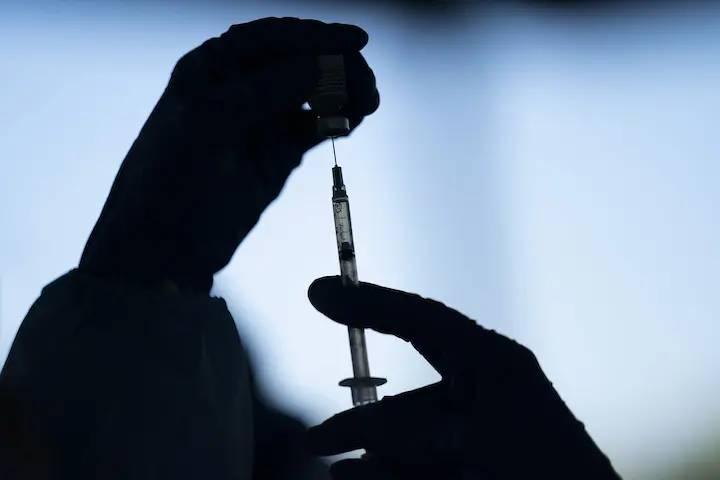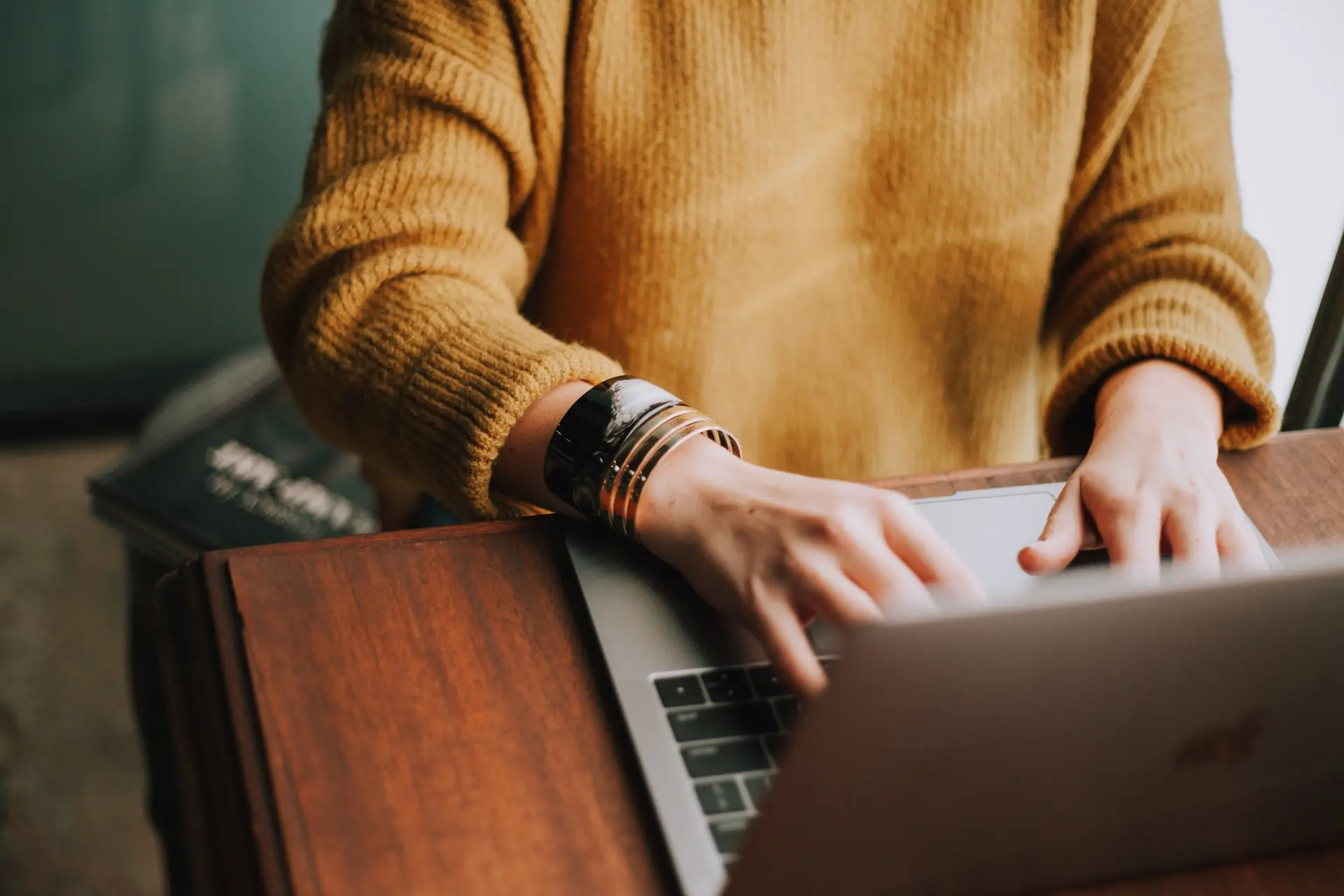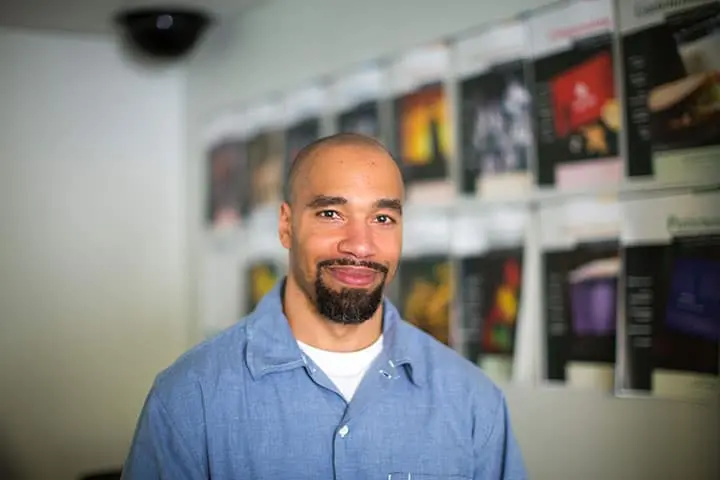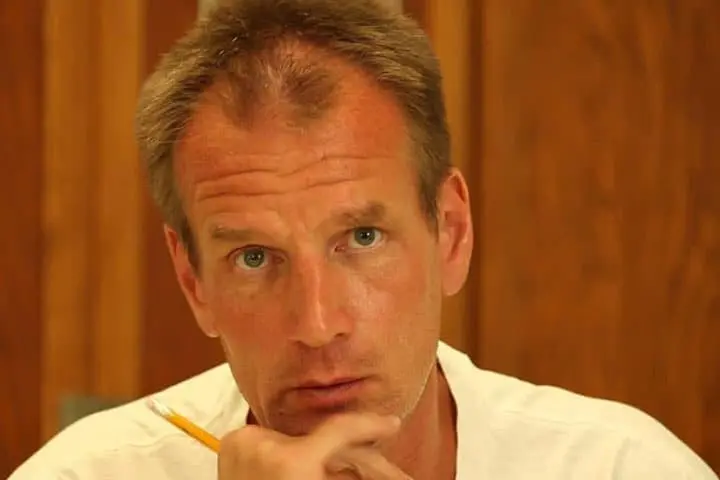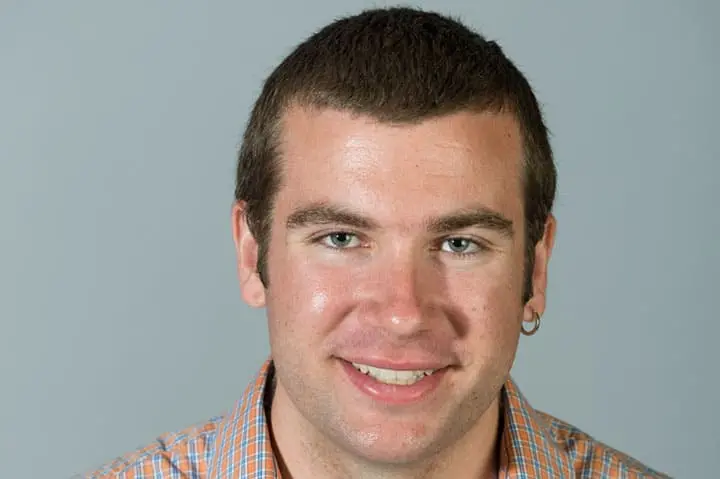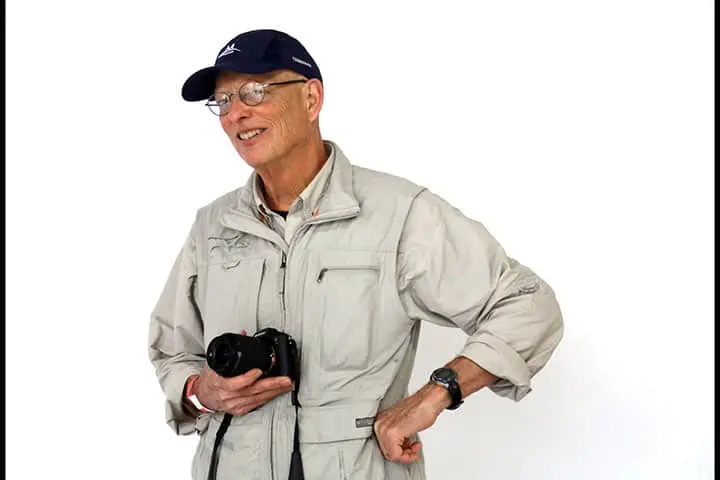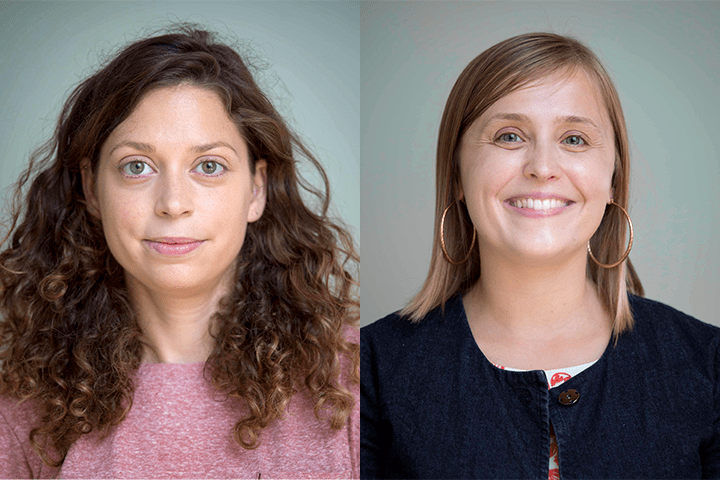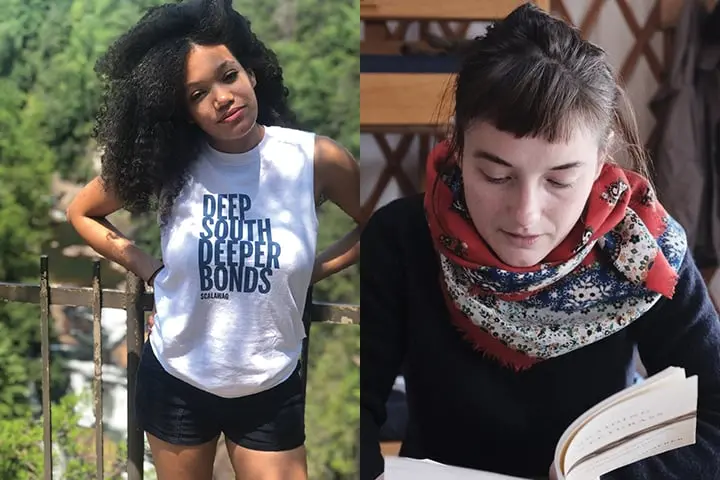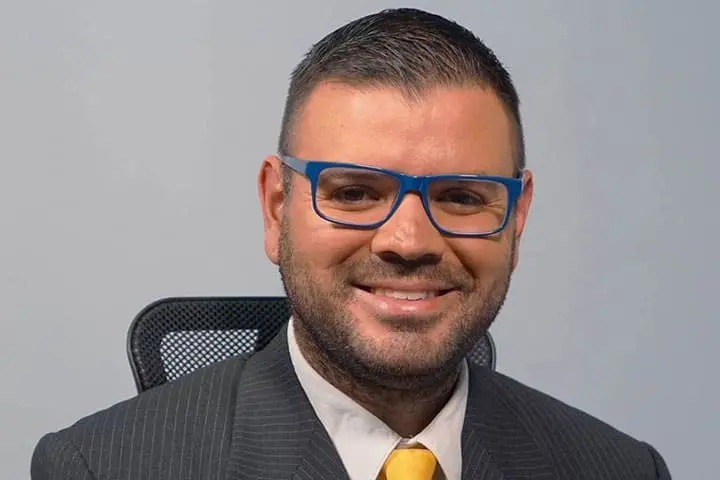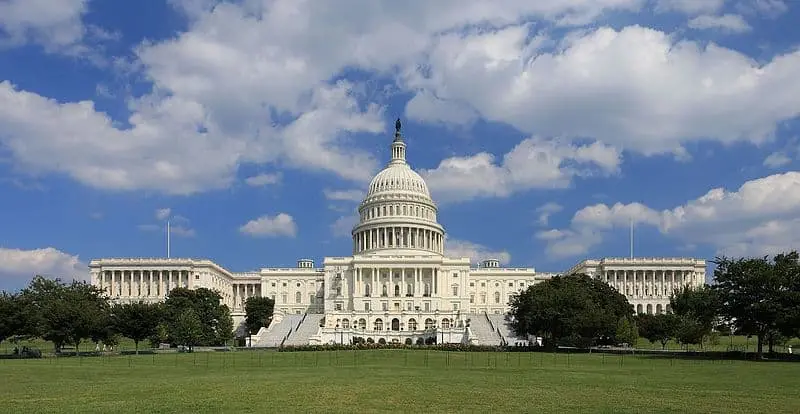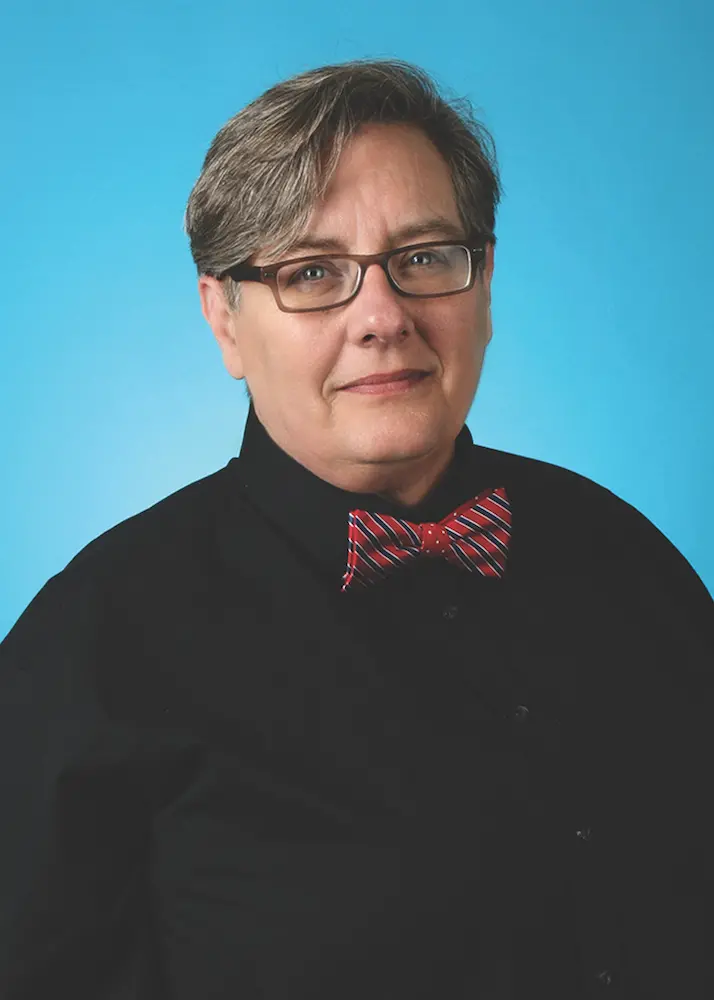
This Pride Month, PEN America is highlighting the work of a group of regional journalists and news outlets that have helped cultivate an informed LGTBQ+ community. We asked a cadre of LGBTQ+ journalists and editors on why they do what they do and what must be done so their platforms can thrive.
The following is an interview with the managing editor of Dallas Voice, Tammye Nash. The interview has been condensed and edited for clarity.
What is your “local news reporter” origin story?
I have always loved telling people stories. I wrote for my high school newspaper, but when I graduated high school and went to college, I planned on being a doctor—either a neurosurgeon or an oncologist. When I got to college, it turned out I was much better at partying and going to the gay bars in Dallas. So I dropped out. About a year after I left college, I moved from Dallas back to my hometown, Jasper, TX, and fortunately for me, the local weekly newspaper, The Jasper Newsboy, had an opening for a reporter.
I went to work for The Jasper Newsboy in April of 1983. From there, I went to work at The Henderson News for a couple of years and then worked as editor of The Van Progress and a weekly newspaper in Daingerfield for about three years total. Then a friend told me she had been to visit someone in Dallas and saw that the LGBTQ newspaper there, Dallas Voice, was looking for a reporter. I applied, was hired, and started on June 6, 1988. I have worked for the Voice either as a reporter or as an editor for 27 of the 33 years since then.
My 38-year career in journalism has been spent working for community newspapers. The Dallas Voice is not that much different from the weeklies and small dailies I have worked out, except that for those other papers, the community was defined by geography. The community we serve at Dallas Voice is defined by identity.
“For me, writing for the LGBTQ media is a kind of activism, even though we don’t think of Dallas Voice really as an activist paper. Our job is to keep our community informed and educated and to help our community be visible to society at large. And an educated, informed and visible community has been a vital and necessary part of our progress toward equality and justice.”
For me, writing for the LGBTQ media is a kind of activism, even though we don’t think of Dallas Voice really as an activist paper. Our job is to keep our community informed and educated and to help our community be visible to society at large. And an educated, informed and visible community has been a vital and necessary part of our progress toward equality and justice. We have a long way to go, and I believe LGBTQ media play that vital role as we move forward. So my job, as exhausting and as frustrating as it can be at times, makes me feel like I have done and continue to do my part in that move toward equality.
We talk a lot about how a free press is vital to a strong democracy, but let’s go more local. How does a local LGBTQ+ press help protect local communities?
An informed, educated, and visible community is necessary for our community to make progress. Our job in the LGBTQ press is to make sure members of our community know what is going on. They need to know what political officeholders are doing at all levels of government, who our enemies are and how they are attacking, and who our allies are and how they are defending us. We have to know how we are being attacked—whether the attacks are behind closed doors or blatantly out in the open—so that we know when and how to respond. It is vital that our community and our allies stay informed and up to date.
A lot of mainstream media are reporting on our issues these days, but they cannot give the kind of intimate and personal coverage LGBTQ media can. They might give overarching wide views; it is our job to bring it home and make it personal. And it is our job to make our community real to the larger society. LGBTQ media should put a human face to our community so that non-LGBTQ folks see us as real people, not some abstract, faceless “them.”
Information, education, and visibility, as I said, are the LGBTQ community’s greatest weapons. It is up to LGBTQ media to arm the community with those weapons.
“A lot of mainstream media are reporting on our issues these days, but they cannot give the kind of intimate and personal coverage LGBTQ media can. They might give overarching wide views; it is our job to bring it home and make it personal. And it is our job to make our community real to the larger society. LGBTQ media should put a human face to our community so that non-LGBTQ folks see us as real people, not some abstract, faceless ‘them.’”
How can national news outlets work better to support their local colleagues?
National news outlets can help us out first and foremost by crediting us when they get info from us. The fact is, we all—local, national alike —are busting our butts to do a whole lot of work with not enough resources. So we should all do what we can to help each other however we can, whether that’s giving credit where it’s due or passing along sources and tips.
Dallas Voice does not have the ability, usually, to break national news stories, so we rely on being able to share national stories from other media via our blog. And it’s nice when a national source picks up our story and helps it go national, especially when they give us the credit. On a side note, it is very frustrating to us when we break a story, and then when national organizations and/or media outlets start sharing the story, they don’t mention Dallas Voice but instead source mainstream media that got the story from us.
Can you talk about the ways that some of your regional reporting—that you either created, published, or just plain loved—helped reshape community dialogue about a specific topic?
There are a couple of instances recently that I can point to. Last summer, in the middle of the pandemic, I published a column from a man who identified himself as a gay Republican, a Trump supporter, and someone who had refused to believe that COVID-19 was any more serious than the flu or a bad cold—until he and his husband held a party for someone in his husband’s family that turned into a mini superspreader event. That one column generated a huge amount of attention and dialogue, and I hope at least made a difference in some people’s lives.
I am also proud of the way Dallas Voice has covered and continues to cover the ongoing epidemic of violence against the transgender community. In 2019 especially, we worked very hard to cover the Muhlaysia Booker murder in Dallas and other anti-trans violence here and around the country. Because of our coverage, both my colleague David Taffet and I were interviewed for a documentary about Muhlaysia’s murder and trans violence in general that should be airing sometime soon on MTV. I believe—I hope—that our coverage has helped focus attention on the violence against trans people, and that that attention will play a part in ending that violence.
“Support your local LGBTQ media. Talk to them when they call you for information. Go to them with information when you have a story. Read their papers every week. Share their digital stories on your Facebook and Instagram and Twitter. Advertise with them. Hold us accountable when we get it wrong, but then applaud us and give us credit when we get it right.”
What are the challenges you are facing in regards to LGBTQ community reporting?
The biggest challenge, especially right now, is a lack of resources—and by that, I mean money. The last year and a half have been difficult on small media outlets of all kinds because the businesses that tended to advertise with us have been among those hardest hit by the pandemic. Our editorial staff includes a grand total of two people; there is no way we can keep up with everything.
Looking back throughout my career with the Voice, I think that two of the biggest challenges have been the fear of LGBTQ people being identified as LGBTQ—that’s not as bad as it used to be—and people’s refusal to take us seriously. There were times when we could call the police or a city council member or even a business person to get comments or information, and they refused to talk to us because they didn’t consider us to be “real” reporters. Again, that has changed, but it hasn’t ended completely. Even within our own community, there are people and organizations that go to mainstream media with stories first because they see us as “just the gay newspaper.”
Could you identify one or two actions that would help counter the challenges facing local news reporters and outlets?
Support your local LGBTQ media. Talk to them when they call you for information. Go to them with information when you have a story. Read their papers every week. Share their digital stories on your Facebook and Instagram and Twitter. Advertise with them. Hold us accountable when we get it wrong, but then applaud us and give us credit when we get it right. Understand that we do what we do because we want to help make our community better, and do what you can to help us reach that goal rather than trying to tear us down.
This interview was produced by the PEN Across America program. Within the larger PEN America organization, the PEN Across America initiative provides resources to mobilize PEN America communities nationwide to carry forward our mission to defend and celebrate free expression.

